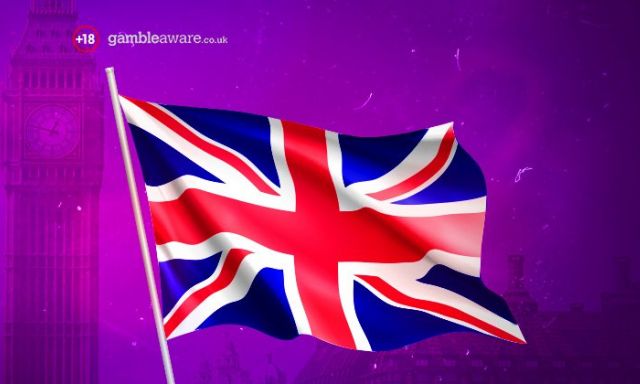If you’d been following press reports in the UK over the last couple of years, you could be forgiven for having a dim view of the gambling sector. As political pressure predominantly from the reinvigorated hard left weighs on the shoulders of gambling regulation, wild stories of an out of control gambling sector and worsening rates of problem gambling have seemed to underline a direction of travel away from legitimate, regulated operators.
It’s not just media pressure – the resulting hubbub around the gambling sector has prompted the Gambling Commission to bear its teeth, introducing several tighter policy requirements on operators over the last twelve to eighteen months. But now, according to new figures out today, it looks as though the moral panic has been somewhat overblown.
The number of gamblers identified as having gambling problems has stayed largely flat, according to the Gambling Commission’s own figures in a report published this week. Gambling Behavior in Great Britain 2016 looks at data reported from England, Scotland and Wales on instances of problem gambling and their effects on individual gamblers.
The figures show that 1.2% of gamblers are identified as having a gambling problem, equivalent to around 0.7% of the general population – a tiny figure for a market with highly liberal gambling laws. Interestingly, these numbers have remained constant, touching the same levels as the corresponding reports from 2005 and 2012.
It’s also interesting to note that the UK’s figures are broadly in line with those reported in other gambling markets, despite the UK offers countless more options to gamble legally than in other jurisdictions.
The figures also demonstrated a decline in the percentage of over 16s engaging in gambling, down from 63% to 57%, and with the National Lottery stripped out of the figures, this number falls to around 45%.
Online casino and bingo were amongst the verticals least affected by problem gambling, coming in at 9.2%, and down from the figures from a year previous. For sports betting, the figure was just 2.5%. At the higher end, FOBTs in betting shops were reported at a 13.7% instance of problems, while offline dog racing came in at 9.5%.
The instances of problem gambling around spread betting had fallen dramatically from 20.1% to just 8%. While this doesn’t take into account the effect of tightening restrictions on spread betting operators in the UK, some have suggested it’s perhaps a sign of the effects of constant negative news weighing on the minds of gamblers.
The report went on to indicate that problem gamblers are more likely to show signs of underlying mental health issues compared to non-problem gamblers, and that those who consumed a large amount of alcohol were more likely to experience problem gambling than those who didn’t drink at all.
The report chimes with findings that problem gamblers often exhibit different brain chemistry from non-problem gamblers, which is leading both regulators and operators to invest in research around new measures to help these individuals manage or treat their addictions.
The figures are an embarrassment to the media narrative that has taken hold in the UK in recent years. Whipping up a frenzy, media stories about the decline of society and rampant problem gambling levels simply don’t stand up to the scrutiny of the facts.
While it’s unlikely these findings will see the Gambling Commission loosening its grip in the near future, they serve as further evidence of the gap between the dystopian fantasy and the reality, when it comes to the availability of legal, regulated gambling.








